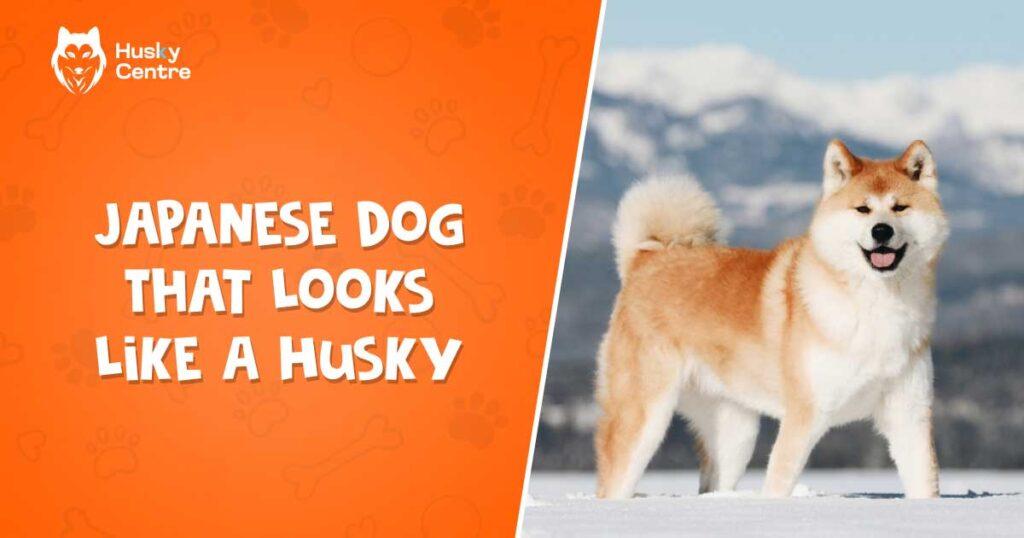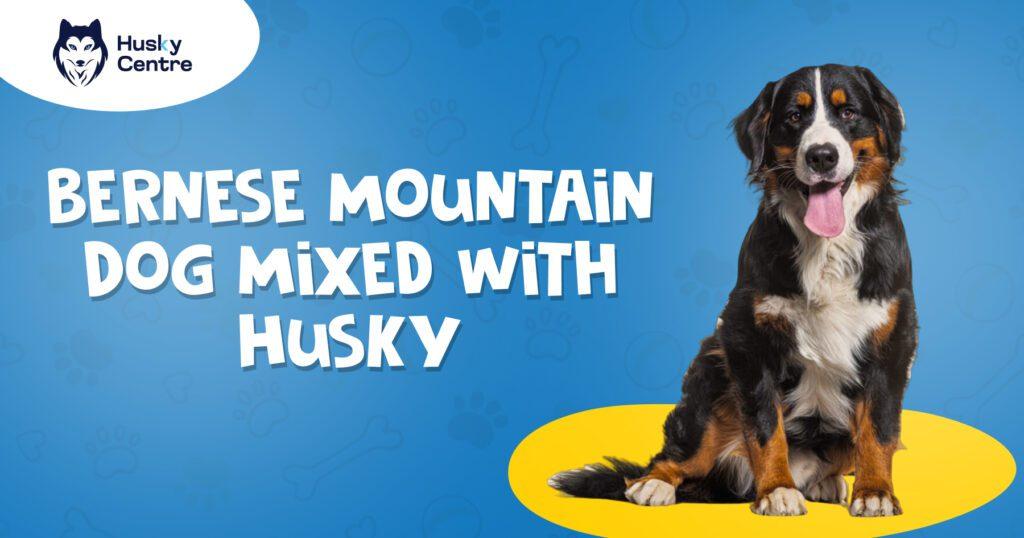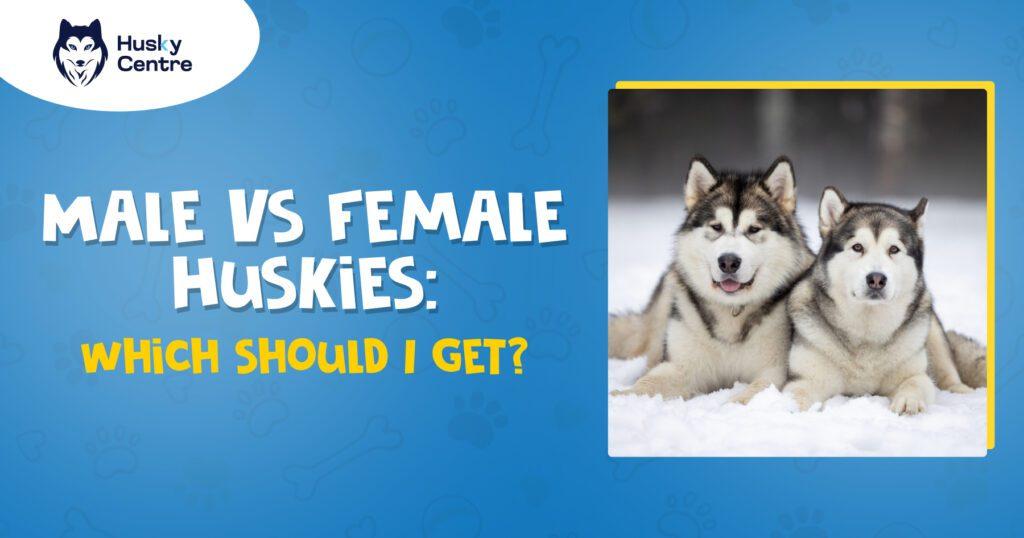The Japanese dog that looks like a Husky is the Shikoku. It shares similar physical traits with the Siberian Husky.
The Shikoku, also known as the Kochi-ken, is a rare and ancient Japanese breed. Originating from the island of Shikoku, these dogs were initially bred for hunting. They possess a wolf-like appearance, characterized by a thick double coat, erect ears, and a curled tail.
Shikokus are medium-sized, agile, and known for their endurance and loyalty. They have a strong, independent nature but are also affectionate with their families. Their intelligence and energetic disposition make them excellent companions for active individuals. Owning a Shikoku requires commitment to exercise and mental stimulation, ensuring they remain happy and well-behaved.
Popular Japanese Breeds That Resemble Huskies
Japanese dogs have a unique charm, and some even resemble the popular Husky breed. These Japanese husky-like dogs combine the best of both worlds: the elegance and loyalty of Japanese breeds with the striking appearance of Huskies. Let’s dive into some popular Japanese dog breeds that resemble Huskies.
Akita Inu
The Akita Inu is a majestic Japanese dog breed that can remind you of a Husky. This breed is known for its strength, loyalty, and elegant appearance. Here are some key features:
- Height: 24-28 inches
- Weight: 70-130 pounds
- Coat: Thick, double coat
- Colors: White, brindle, and pinto
The Akita Inu’s coat is similar to that of a Husky. They have a thick double coat that keeps them warm in cold weather. Their facial structure, with erect ears and a curled tail, also resembles the Husky. Akitas are known for their loyalty and protective nature, making them excellent guard dogs.
| Characteristic | Akita Inu |
|---|---|
| Origin | Japan |
| Life Span | 10-15 years |
| Temperament | Loyal, courageous, dignified |
Shikoku
The Shikoku is another Japanese dog breed that looks like a Husky. This medium-sized breed is agile, energetic, and has a wolf-like appearance. Key features include:
- Height: 17-22 inches
- Weight: 35-55 pounds
- Coat: Double coat, harsh outer coat
- Colors: Sesame, black and tan, red
Shikokus have a similar build to Huskies, with a lean and muscular frame. Their double coat is designed to withstand cold climates, just like the Husky. Shikokus are known for their hunting skills and are very alert and active.
| Characteristic | Shikoku |
|---|---|
| Origin | Japan |
| Life Span | 10-12 years |
| Temperament | Loyal, alert, energetic |
Japanese Spitz
The Japanese Spitz is a small yet striking breed that can resemble a miniature Husky. Despite their size, they have a bold personality. Here are some characteristics:
- Height: 12-15 inches
- Weight: 10-20 pounds
- Coat: Fluffy, double coat
- Colors: Pure white
Japanese Spitz dogs have a fluffy double coat that looks similar to a Husky’s fur. Their pointed ears and bright eyes give them a Husky-like appearance. They are known for being friendly, playful, and excellent with families.
| Characteristic | Japanese Spitz |
|---|---|
| Origin | Japan |
| Life Span | 10-16 years |
| Temperament | Friendly, playful, intelligent |
Unique Traits Of These Breeds
Japanese dogs that look like Huskies are a fascinating subject for dog lovers. These breeds possess a blend of unique traits and remarkable similarities to the beloved Husky. Understanding the unique traits of these breeds can help in appreciating their distinctive qualities and characteristics.
Distinctive Facial Features
These Japanese dogs share many distinctive facial features with Huskies. Their almond-shaped eyes and erect ears are some of the most recognizable traits. Japanese dogs often have sharp, expressive eyes that can be blue, brown, or even one of each, similar to Huskies.
- Almond-shaped eyes
- Erect ears
- Strong jawline
- Defined cheekbones
These features give them a wolf-like appearance, making them stand out among other breeds. The sharpness of their eyes and the alertness in their ears make these dogs highly expressive and communicative. Japanese dog characteristics mirror those of the Husky, especially in their facial expressions.
Dense Coat
The dense coat of these Japanese breeds is another striking similarity to Huskies. This coat is not only beautiful but also functional, providing protection against harsh weather conditions. Japanese dogs have a double coat with a soft underlayer and a tougher outer layer.
- Thick double coat
- Weather-resistant fur
- Variety of colors (white, black, red, grey)
- Seasonal shedding
The dense coat requires regular grooming to maintain its health and shine. During shedding season, they can lose a significant amount of fur, which helps them adapt to changing climates. Dog breed features like this dense coat are crucial for their survival in colder regions.
Independent Personality
Japanese dogs are known for their independent personality, much like Huskies. They are intelligent and often prefer to make their own decisions. These breeds are highly self-reliant and can sometimes be stubborn.
- High intelligence
- Strong-willed nature
- Loyalty to family
- Reserved with strangers
This independent streak means they require consistent training and socialization from a young age. Unique traits of Japanese dogs include their ability to solve problems and their desire for mental stimulation. This makes them both challenging and rewarding pets.
Understanding the husky features in Japanese breeds helps in appreciating their unique blend of traits. These dogs offer a fascinating mix of beauty, intelligence, and independence that sets them apart from other breeds.
Choosing A Japanese Breed Similar To A Husky
Are you captivated by the striking appearance of a Husky but interested in a Japanese breed? Choosing a Japanese breed similar to a Husky can be an exciting adventure. Japanese dogs like the Shiba Inu and Akita Inu share some characteristics with Huskies. Let’s dive into what you should consider when selecting a Japanese dog breed that fits your lifestyle and family needs.
Consider Adaptability
When it comes to Japanese dog adoption, adaptability is key. Huskies are known for their ability to adapt to various environments. Similar Japanese breeds, like the Shiba Inu, also adapt well. These dogs can thrive in apartments or houses with yards. However, some Japanese breeds may have specific needs.
- Shiba Inu: Small to medium-sized, suitable for apartments.
- Akita Inu: Larger, better for homes with space.
Consider the climate where you live. Both Huskies and Japanese breeds have thick coats. They do well in cooler climates. In hotter areas, ensure they have shade and water.
Look at your lifestyle. Are you active or prefer a relaxed pace? A Shiba Inu might be perfect if you lead a moderate lifestyle. An Akita Inu may require more space and activity.
| Breed | Living Space | Climate Suitability |
|---|---|---|
| Shiba Inu | Apartment-friendly | Cooler climates |
| Akita Inu | Larger homes | Cooler climates |
Exercise Needs
Exercise is crucial for any dog, especially those with high energy like Huskies. When selecting a Japanese dog breed, consider their exercise requirements. Both Shiba Inu and Akita Inu need regular physical activity.
- Shiba Inu: Requires daily walks and playtime.
- Akita Inu: Needs more intense exercise, such as runs or hikes.
Regular exercise keeps dogs healthy and happy. It also prevents behavioral issues. Plan on at least an hour of activity each day. Interactive toys and games can also help meet their exercise needs.
Remember, a tired dog is a happy dog. Consistent exercise helps maintain a healthy weight. It also strengthens the bond between you and your furry friend.
For families with busy schedules, consider a breed that fits your routine. Shiba Inus are more independent and can manage alone for short periods. Akitas, being larger, might need more attention and space for exercise.
Temperament For Families
Choosing a family-friendly dog is essential. The temperament of a dog affects how well it fits into family life. Both the Shiba Inu and Akita Inu have unique temperaments.
Shiba Inu: Known for being loyal and alert. They are independent but affectionate with family members. Good with kids, but early socialization is important.
Akita Inu: Known for their courage and loyalty. They are protective and can be reserved with strangers. Great with children when properly trained.
Family dynamics play a role. If you have young children, a Shiba Inu might be a better choice. Their smaller size makes them less intimidating. Akitas, while larger, are gentle giants with proper training.
- Shiba Inu: Alert, independent, affectionate.
- Akita Inu: Courageous, protective, gentle with family.
When considering family-friendly dog traits, think about your home environment. Both breeds thrive in loving homes with consistent routines. Early socialization and training ensure they grow into well-behaved family members.
Frequently Asked Questions
What Is A Japanese Dog That Looks Like A Husky?
The Japanese dog that looks like a Husky is the Shikoku. It has a wolf-like appearance and similar features.
How Big Do Shikoku Dogs Get?
Shikoku dogs typically weigh between 35 to 55 pounds. They stand about 17 to 22 inches tall.
Are Shikoku Dogs Good Family Pets?
Shikoku dogs are loyal and protective. They can be good family pets with proper training and socialization.
Do Shikoku Dogs Require A Lot Of Exercise?
Yes, Shikoku dogs are very active and need daily exercise. They thrive with regular physical and mental stimulation.
Conclusion
Discovering the Japanese dog that resembles a Husky can be a delightful adventure. These unique dogs offer a mix of beauty and charm. Whether you’re seeking a companion or simply love learning about different breeds, this dog’s striking appearance and loyal nature make it a fascinating choice.
Explore and enjoy their captivating traits!


Meet Jarred, the heart and soul behind HukyCentre. With a deep affection for furry friends, he pours his passion into every word he writes. His genuine love for dogs shines through in his engaging and informative content. As a dedicated dog enthusiast, Jarred’s goal is to share valuable insights and tips that resonate with fellow dog lovers. Join Jarred on the journey as he celebrates the joy and companionship that dogs bring into our lives.



